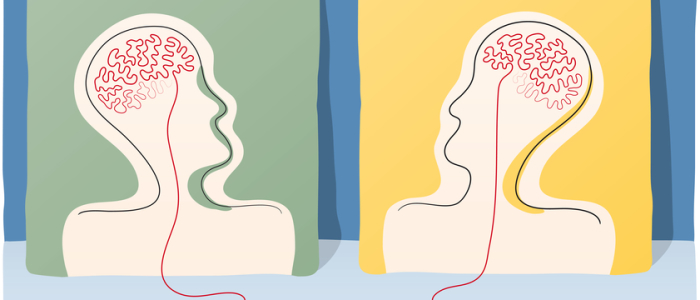What’s the Difference Between OCD and OCPD?
As a Chicago area psychotherapist I get asked the questions “What’s the difference between OCD and OCPD?” on a pretty regular basis. While both have some similarities there are important differences between the two disorders.
Obsessive-compulsive disorder is defined as an anxiety disorder in which people have unwanted and repeated thoughts, feelings, ideas, sensations, or behaviors that make them feel driven to do something.
Obsessive-compulsive personality disorder (OCPD) is a mental health condition in which a person is preoccupied with rules, orderliness, and control.
People with both of these disorders may make lists of tasks to do each day and in a specific order but the person with OCD does it because they think it might prevent something bad from happening while the person with OCPD is doing it because they are focused on being more productive.
They sound pretty similar but there are many distinctions. Usually people who suffer from OCD want to get rid of their symptoms. OCD in its severest form can be debilitating. Checking and rechecking to see if the coffee pot has been turned off is a nightmare if you’ve ever tried to leave the house on time. OCD can take over a person’s life and often those around them don’t understand why the person just can’t ignore the compulsions.
On the other hand, a person with obsessive-compulsive personality disorder might see nothing wrong with their behavior and have no desire to change it. Usually someone with OCPD seeks treatment because of the conflict the behavior creates with other people such as loved ones or co-workers. Someone with OCPD is considered a perfectionist or ultra controlling and rigid.
Steve Jobs is someone who might be considered to have OCPD. He thrived because of it even though it is widely known he left a lot of hurt, anger and resentment in his wake because he was such a perfectionist. Steve Jobs and his probably OCPD made Apple, Inc a lot of money. On the other hand someone who suffers from OCD can be practically paralyzed with fear that if they don’t perform a certain act something horrible will happen. It’s a challenge to run a business when you have to check the lock on the door 100 times before you leave or wash your hands over and over again.
Interestingly both OCD and OCPD are treated with a combination of talk therapy and medications. OCD and OCPD are rarely cured but they can be managed with ongoing support. If you are concerned about OCD or OCPD and would like more information please contact Locus Therapy at (312) 218-7380.


Comments are closed.